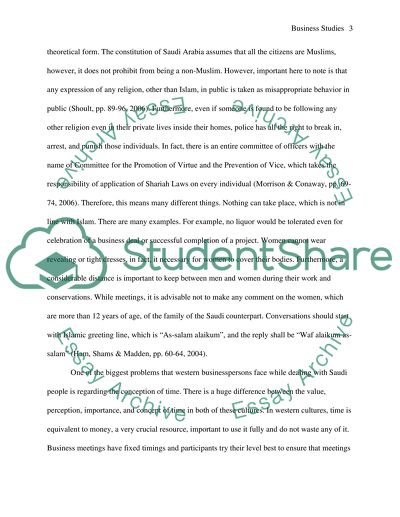Cite this document
(“Business studies Essay Example | Topics and Well Written Essays - 1250 words”, n.d.)
Retrieved from https://studentshare.org/environmental-studies/1412439-business-studies
Retrieved from https://studentshare.org/environmental-studies/1412439-business-studies
(Business Studies Essay Example | Topics and Well Written Essays - 1250 Words)
https://studentshare.org/environmental-studies/1412439-business-studies.
https://studentshare.org/environmental-studies/1412439-business-studies.
“Business Studies Essay Example | Topics and Well Written Essays - 1250 Words”, n.d. https://studentshare.org/environmental-studies/1412439-business-studies.


